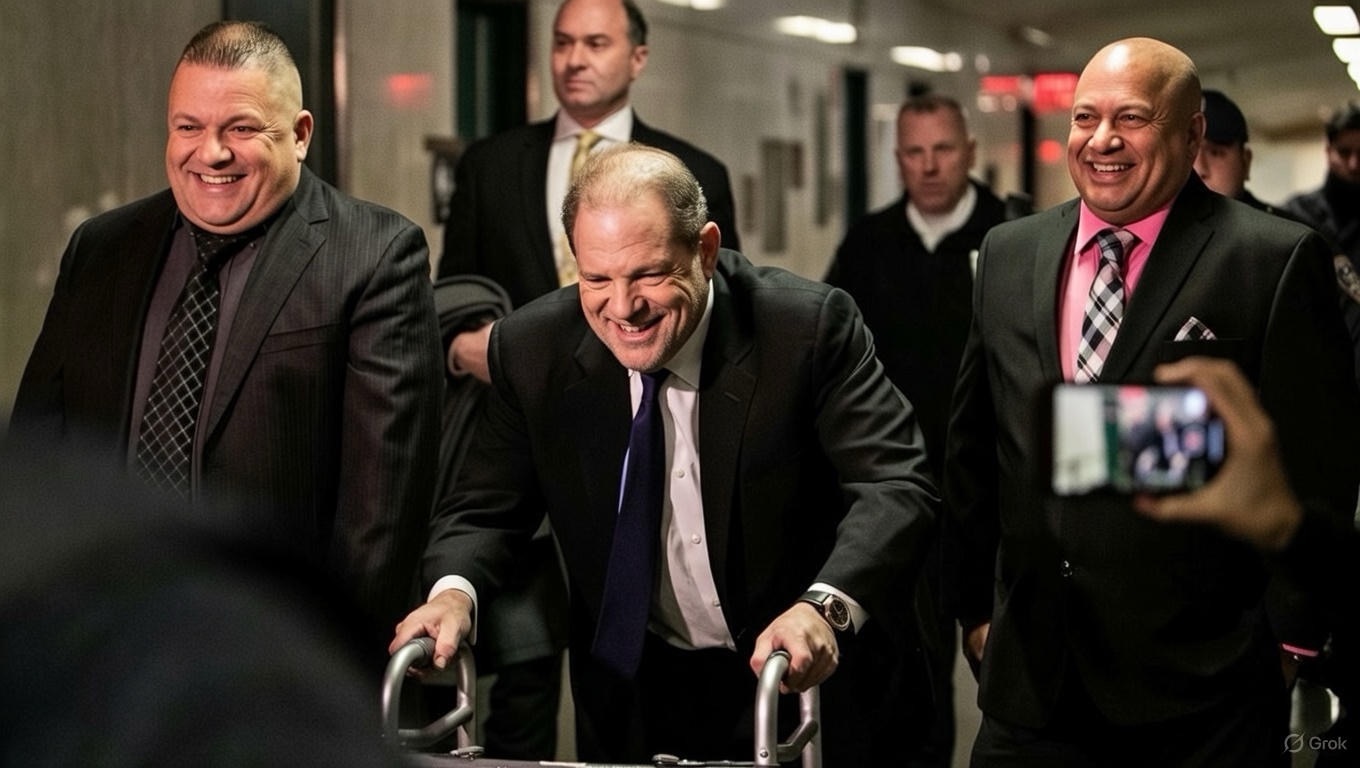In recent years, a growing number of men in Ireland have come forward to share their accounts of sexual abuse at Catholic-run educational institutions. This wave of testimonies, largely from individuals now in their 50s and 60s, has unveiled the extensive and troubling history of abuse within these religious schools, particularly during the 1960s through the 1990s.
The preliminary inquiry by the Irish government identified nearly 2,400 allegations of abuse and 884 identified abusers from various religious orders. Education Minister Norma Foley described the findings as “truly shocking” and has initiated a comprehensive investigation into these allegations. Many survivors say that this acknowledgement marks an important step in holding the institutions accountable for the suffering endured by many.
Historically, Ireland has faced challenges in confronting its legacy of abuse perpetuated within Catholic institutions. However, the recent revelations have catalyzed a broader national conversation on sexual abuse, shame, and traditional masculinity. These issues were previously stigmatized, making it difficult for survivors to speak out.
Experts like Tim Chapman, who specializes in restorative justice, emphasize that the significant number of individuals coming forward has created potential ripple effects across Irish society, possibly prompting wider reflection on societal norms regarding power, masculinity, and the protection of vulnerable individuals.
The testimonies of the survivors illustrate the profound personal impact of their experiences. Many lived in silence for decades, struggling with the emotional and psychological fallout from their trauma. As more men reconcile their painful pasts, the movement for widespread reform and accountability within educational and religious institutions grows louder.
The acknowledgment of past abuses has begun to draw attention not only to the individual experiences of survivors but also to the systemic issues that allowed such abuses to occur over many years. The collective voices of survivors provide a poignant reminder of the importance of transparency and accountability in nurturing a safer environment for future generations.
As Ireland navigates this complex and sensitive issue, the contributions from survivors highlight a crucial chapter in the ongoing quest for justice, healing, and societal transformation.




















